In his inauguration address delivered on January 7, 2017, President Akufo-Addo pledged to protect the public purse. He declared, “We must restore integrity in public life. State coffers are not spoils for the party that wins an election, but resources for the country’s social and economic development. I shall protect the public purse by insisting on value-for-money in all public transactions. Public service is just that – service and not an avenue for making money. Money is to be made in the private sector, not the public. Measures will be put in place to ensure this”.
Unfolding events over the four-year period however did not in any way attest to the government’s resolve to fight corruption be it real or perceived. I intend re-echoing a few of the high-profiled ones that popped up over the period.
Barely one month into the administration, the government was faced with its first major scandal, one that involved one of the most influential ministers of the new government. The Minister of Energy was purported to have bribed members of Parliament’s Appointment Committee to have his scale a rather tumultuous vetting and approval process. Though shrouded in mystery, the handling of the entire episode by the Majority in the House ended up creating an impression of a government that was eager to protect its own. Inspite of a House Committee that investigated the matter, Ghanaians generally had their own opinions of what they believed happened and it dented the image of the new Parliament.
In another bizarre twist, the Minister for Trade and Industry in January 2018 got himself embroiled in a scandal that was code-named ‘cash-for-seat’. Here again, Parliament was literally forced into investigating the case of whether or not the Trade Minister had extorted monies from some businessmen to facilitate access to the President at a Ghana Expatriates Business Awards in Accra. Interestingly, even though the Minister is reported to have confirmed receiving the monies, it had been explained that it did not amount to extortion. In the end, the Committee was split on the decision and as is done everywhere, the Majority had their way the House approved the report bringing finality to the matter. Were Ghanaians convinced? Your good is as good as mine!
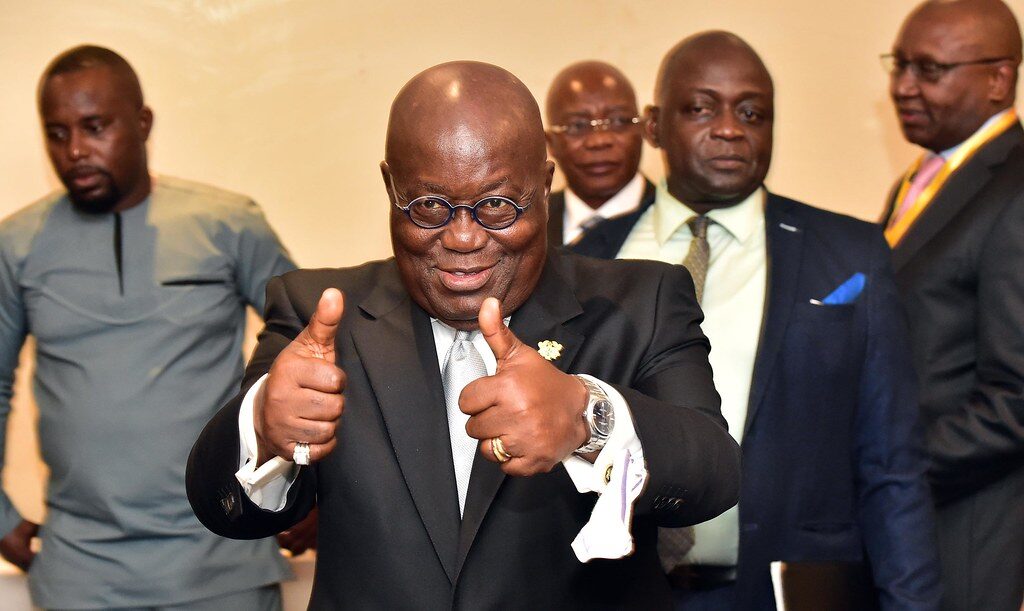 In the run-up to the 21st Commonwealth Games in April 2018, the Deputy Minister for Youth and Sports was alleged to have been involved in some visa racketeering scandal of international proportions. He was alleged to have had some fifty people sponsored to cover the games as journalists. These people had subsequently been found out as fake and had been repatriated to Accra. Some days into the issue, government caused the Deputy Minister and the Director-General of the National Sports Authority to ‘step-aside’ to enable investigations to be caused into the allegations.
In the run-up to the 21st Commonwealth Games in April 2018, the Deputy Minister for Youth and Sports was alleged to have been involved in some visa racketeering scandal of international proportions. He was alleged to have had some fifty people sponsored to cover the games as journalists. These people had subsequently been found out as fake and had been repatriated to Accra. Some days into the issue, government caused the Deputy Minister and the Director-General of the National Sports Authority to ‘step-aside’ to enable investigations to be caused into the allegations.
Nothing official was heard about the matter until the 26th National Delegates Conference of the ruling party in Koforidua on 7th July 2018. In his address, His Excellency the President declared, “Upon my return from South Africa on a State Visit, I’ve received the report on the Australian Visa Scandal which has exonerated the suspended Deputy Minister for Youth and Sports from any complicity in the visa fraud. I’ll lift his suspension on Monday and return him to office”.
Whether or not the action by the President was appropriate did baffle Ghanaians as much as the manner in which in which he sought to do it. Why he chose to announce at a Party Congress when the matter was one to do with the Executive did not sit too well but well…
As a follow-up to an investigative piece undertaken by Anas Aremeyaw Anas and his Tiger Eye PI in February 2019, it did appear that some government appointees were playing a double game with the citizens. While they were overtly fighting the menace of ‘Galamsey’, they were covertly involved in the perpetration of the mining practice. Typical example was a Presidential Staffer and the Secretary to the Inter-Ministerial Committee on Illegal Mining who had been caught on camera promising to protect the investigative team posing as illegal miners in exchange for large sums of cash. The matter caused tongues to waggle for weeks. Invariably, the Criminal Investigations Department of the Ghana Police Service in their report was said to have exonerated the Presidential Staffer of no wrong as he had not compromised any laid down procedures in favour of the supposed company at the centre of the scandal. The Presidential Staffer thus walked away a free man but Ghanaians were not enthused.
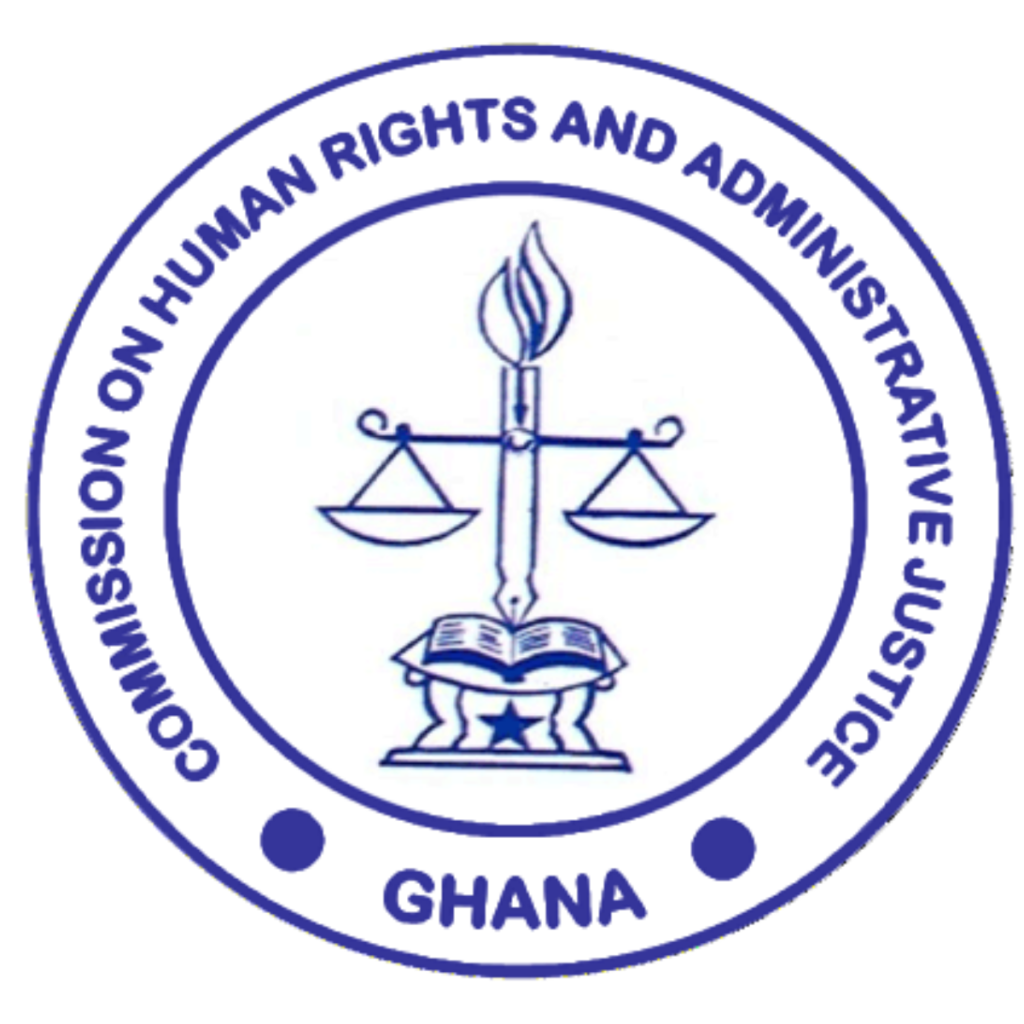
Operation Vanguard working under the Inter-Ministerial Committee on Illegal Mining, had as part of its duties supervised the seizure of hundreds of earth moving equipment from various illegal mining companies. These firms and individuals were viewed to have been undertaking ‘Galamsey’ activities and the seizure of the equipment was part of the measures that were taken to help stem the tide. These excavators were sent to holding areas across the country including one within the Adenta Wireless area. In February 2020, the Minister for Environment, Science and Technology at an event revealed that about five hundred of the equipment were missing. This was a scandal of magnificent proportions and the media was awash with probing regarding how 500 of such huge equipment of that nature could vanish into thin air. In the end, some six persons including a suspended Regional Vice Chairman of the ruling party were arrested, interrogated and cautioned. Nothing much was heard of the scandal again.
In June 2020, the President directed the Auditor General to take up his outstanding leave totalling 123 working days. The Auditor General who had been appointed the previous government in its dying embers, upon receipt sought to challenge the capacity of the President to take the decision, reading interference into the matter. The seat of government used the opportunity to further extend the leave to cover 2020 thereby making it 167 days. Clearly, some Ghanaians were livid about the situation. Several Civil Society Organizations (CSOs) ganged up to battle the government about the matter and even attempted judicial interpretations in the law courts. This was at a time when a US$1M surcharge had been served on the Senior Minister in the Kroll Associate deal, something the Senior Minister disputed in a law suit. Within the period, the Acting Auditor-General had now indicated his satisfaction with documents provided by the Senior Minister in defence of his $1m surcharge. Interestingly, the Deputy Auditor General who had by now taken over soon repudiated the earlier surcharge against the Senior Minister and here again Ghanaians were outraged. The coincidence with respect to the issues were mind boggling.
As if these were enough, Ghanaians woke up one fine morning in October 2020 to the news of a contract-for-sale scandal involving no other than the Chief Executive of the foremost institution that was to safeguard procurement breaches in the country – Public Procurement Authority. The Chief Executive was said to have established a number of firms and awarded juicy contracts to it while ‘selling’ other contracts through single source and restrictive tendering to various others. Following a backlash from the public, the President referred the matter to the Commission on Human Rights and Administrative Justice (CHRAJ). In its report to the President, CHRAJ incriminated the suspended CEO and indicated that, “the totality of the evidence showed that the Respondent had put himself in a position where his personal interest (financial and relational) conflicted with the performance of the functions of his office as CEO and Board Member of PPA”. The CEO was subsequently relieved of his position.
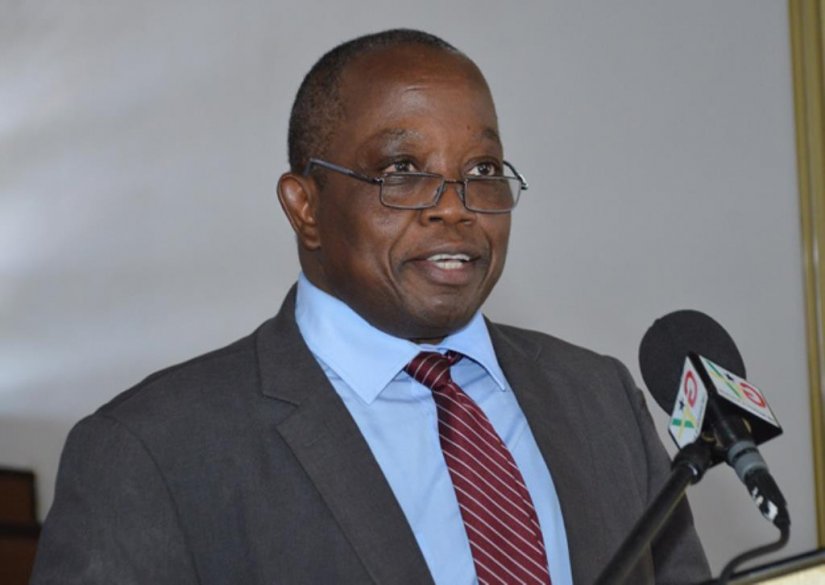
While all the above scandalous issues played out, one was expecting that government appointees, having made so much fuss about the corrupt practices under the Mahama-led government would have taken bold steps to prosecute the offenders in the Court of law. Interestingly, beyond the case involving the former Chief Executive of the Ghana Cocoa Board and the National Communication Authority US$4M scandal, there government was largely lethargic in pursuing countless other cases upon which it rode to office. At some points, even party members were heard on radio expressing their disappointment about the spectacle.
Even though the President had the protection of the public purse as one his many mantras, the above issues which represent some of the many scandals that took place over the four-year period under the Akufo-Addo-led administration did not in any way help in any way the image of the government as one that was bent to deal with the canker of corruption. Series of vitriotic attacks were directed by party activists at the very State institutions (especially the Auditor General, Special Prosecutor, and Public Interest Accountability Committee) which were largely meant to assist government fight corruption.
Over the period, all of these scandals led to the Transparency International to place Ghana in an almost continued decline on the Corruption Perception Index (CPI) conducted in 180 countries. In 2015, Ghana scored 47 and in 2016, dropped to 43. In 2017, Ghana recorded the worst CPI performance with an average score of 40 out of 100. The country’s score rose marginally to 41 in 2018, a score it repeated in 2019 and was ranked 80th out of the 180 countries. This figure was maintained in 2019. Ghana also scored 33% on the Global Corruption Barometer for 2019.
The way and manner the government kept clearing various government appointees, defied reason and Ghanaians generally believe that. In the lead up to the 2020 General Elections, the two leading parties both shied away from the issue of corruption. This was possibly due to the bad image both had suffered in the tenure of both candidates in their tenure in office.

Then from nowhere came Agyapa Royalties, a pack of agreements securitizing the mineral royalties of our country for some number of years. Many civil society groups raised objections about various aspects of the deal but the government will not yield. The way and manner the Agyapa Deal was packaged and debated and rushed through the parliamentary approval process raised a lot of eye-brows yet the Majority in Parliament will not budge. The deal was finally approved only for the Special Prosecutor to serve notice that he was going to undertake a risk of corruption analysis. The report of that analysis was surreptitiously served on the President leading to a comedy of errors including the Special Prosecutor’s resignation and its attendant fall-outs.
Eventually, all of these issues weaved their way into the creation of a certain perception (whether real or imagined) that the government was far more corrupt or prone to the canker of corruption than the one it came to replace.
Inspite of all of these, appointees of the current government, the party and their apparatchiks managed to create the impression that corruption was not as important among the issues in the basket of voters. Rather than address the issues on the table, they were more fixated about the over-hyped corrupt practices under the erstwhile Mahama-led government and kept screaming them from the roof-tops.
The results eventually sent a very clear signal which is now a very verdict for all to see. For now, the people of Ghana had issued a ‘yellow card’ to the government. Whether the government and its appointees will allow themselves to be ‘fouled’ again or not awaits to be seen. Time will be a better judge!
PART 4 L o a d i n g S o o n!
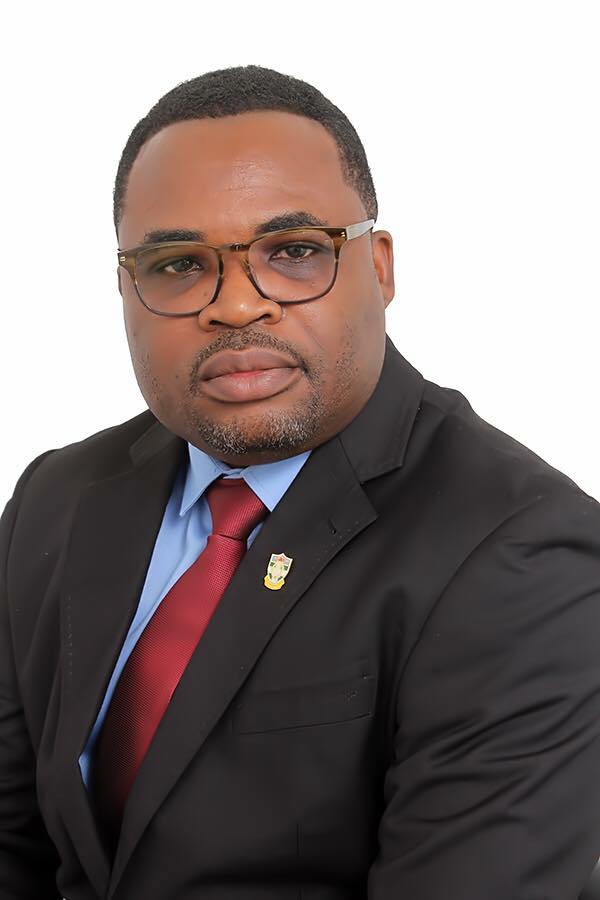
My dear friend,

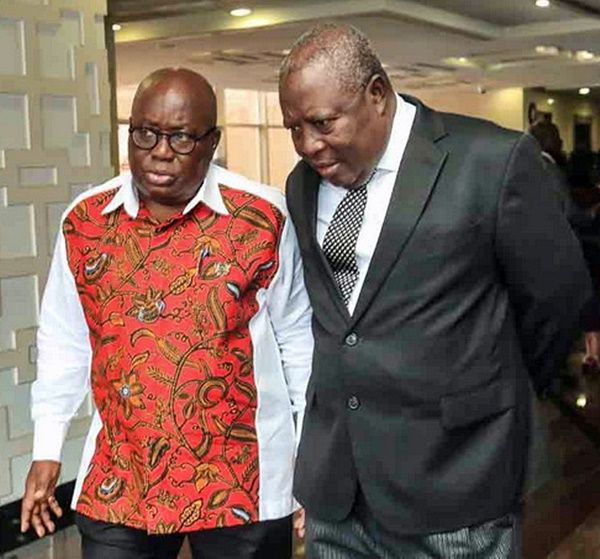
Trackbacks/Pingbacks